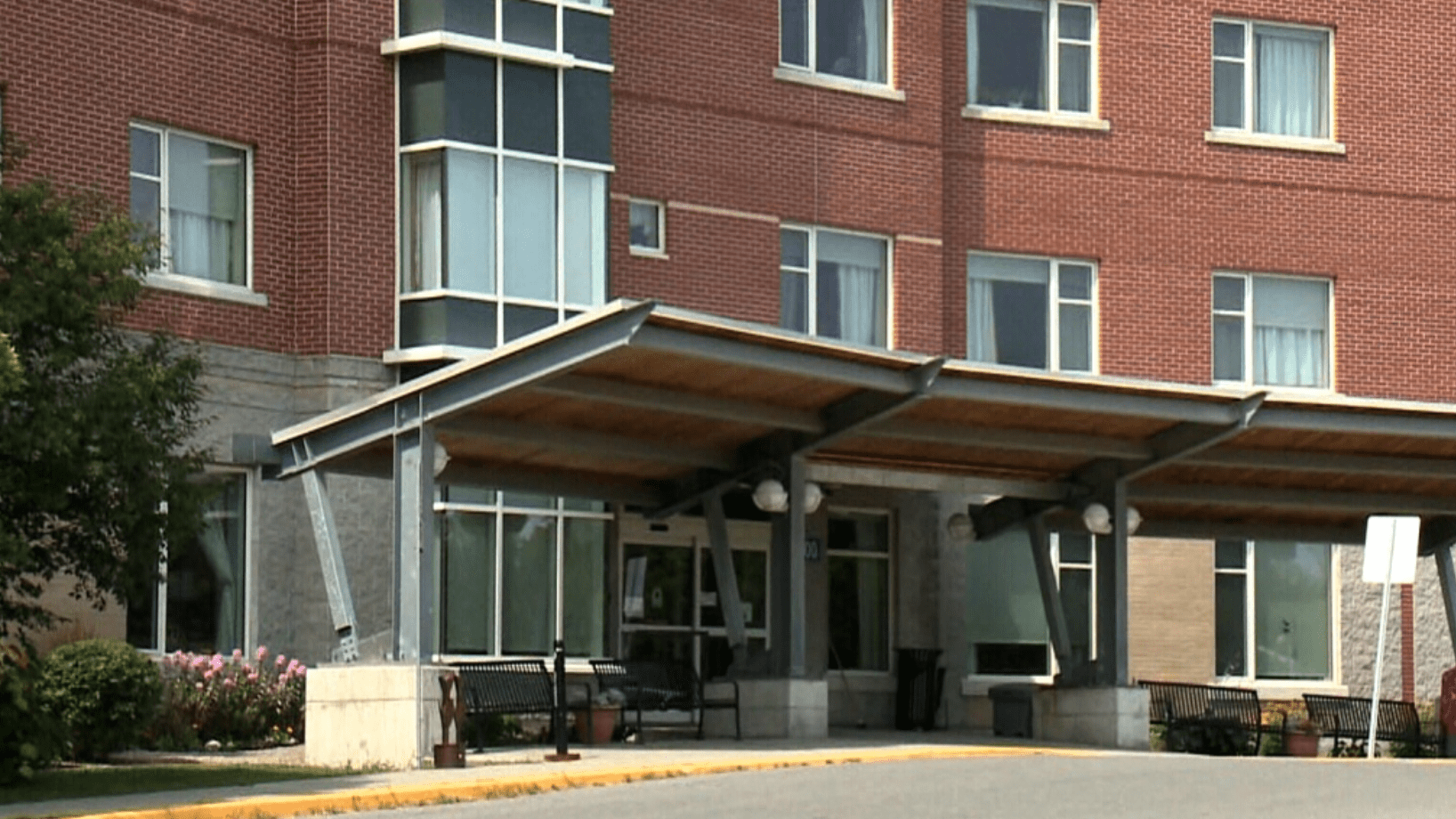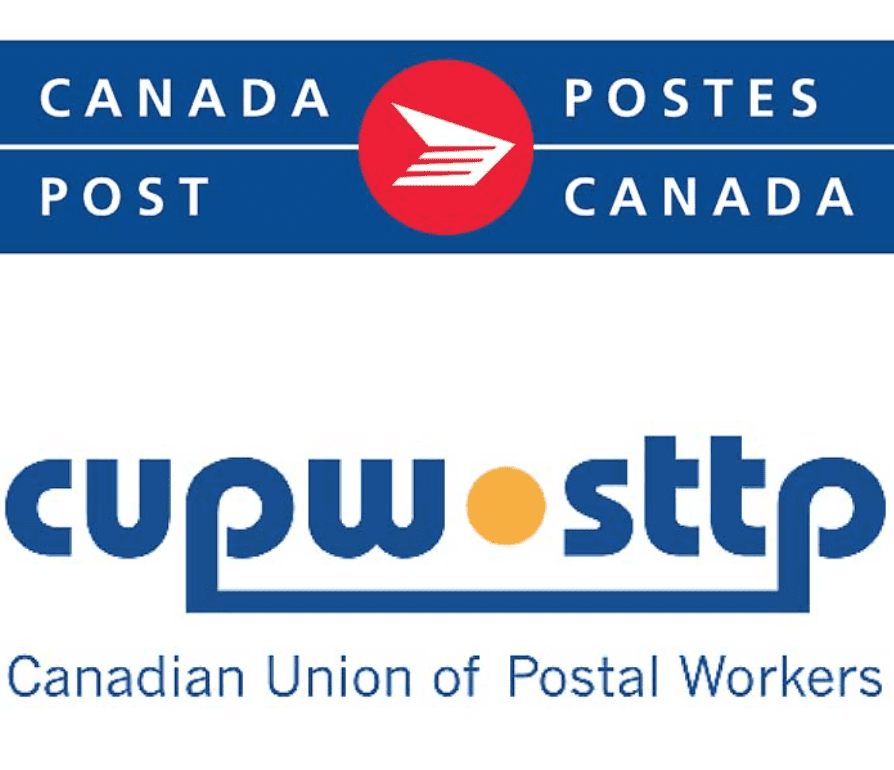This content is restricted to subscribers

The views, opinions and positions expressed by columnists and contributors are the author’s alone. They do not inherently or expressly reflect the views, opinions and/or positions of our publication.

This content is restricted to subscribers
The views, opinions and positions expressed by columnists and contributors are the author’s alone. They do not inherently or expressly reflect the views, opinions and/or positions of our publication.

If you're currently focused on the pandemic and getting the economy going again, you'll be happy to know others have different priorities. For instance the Canadian Union of Postal Employees, which wants to unionize food delivery people even if it costs them their jobs. Is now really the time?
Actually it's not obvious that pricing someone out of the job market is ever a good idea. Except if your cynical motive is reducing the competition faced by privileged people who already have well-paid, secure employment. For instance postal workers.
It's also not obvious why food delivery would be the focus of the Post Office union even if we stretch a point and call those who deliver food "couriers". Is the pizza dude a "courier"? CUPW thinks so, capitalizes it, and wants him paid government union wages. The revolution marches on.
Or does it? On April 28 an angry press release from the union informed me that "CUPW and the Foodsters are shocked to hear about Foodora's decision to leave the Canadian market. The two-weeks' notice that has been provided is grossly unfair and unreasonable. We call on Foodora and the Federal Government to ensure that workers and food couriers be protected."
I can see how we might protect them from CUPW driving their employers right out of the country. But how can we protect them from the consequences of letting it do so?
If this one had been bicycling under your radar, I'm with you. I'm still not sure who "the Foodsters" even are. A subsequent press release suggested that, without the capital letter, it's a slang term the delivery persons and their former contractor/employer used for all the former. But with the capital F I rather suspect it's a union front group not a grassroots movement.
Either way, here's the deal. In late February, the Ontario Labour Relations Board "delivered a landmark decision siding with CUPW's arguments that Foodora Couriers are dependent contractors (a classification closer to 'employee') of Foodora and not independent contractors." Last fall Foodora's drivers and riders had voted on unionization. But the ballots were sealed when the company challenging the whole proceeding on the grounds that the "foodsters" were independent contractors not employee-like "dependent contractors".
In February the OLRB said otherwise and everybody was happy. Except the "employees", their "employers" and the customers as the firm shut down its Canadian operations.
OK, the union wasn't happy either. But apart from that, win-win.
Interestingly, the CBC noted that the decision came at a time of surging demand for Foodora and other such firms due to the lockdown. Which might also be described as a time of surging demand for workers in this industry at a time of mass unemployment. As the CBC observed, "it's not just food, either — the company recently started offering deliveries of products as diverse as flowers, pet food, alcohol and coffee on its service."
Well, not any more. CUPW put a stop to all that nonsense. Everybody lost their job. Hooray.
The tone of the April 28 press release is especially striking. It amounts to picketing outside a closed factory demanding… what? And from whom? CUPW National President (how many Presidents have they got?) Jan Simpson snarled "Foodora and Delivery Hero must be held accountable to the workers couriers have made millions for this company and deserve to be treated with dignity and fairness." But what can this rant even mean?
Is the idea that they will be legally forced to resume operations under conditions they cannot control? If so who will dictate who they hire and at what rate? Who will set their prices? And who will cover their losses?
Foodora and its parent firm Delivery Hero are based in that hotbed of worker exploitation called Germany. And they claim they pulled out of Canada because they're losing money. But CUPW wasn't having any of that bourgeois capitalist nonsense.
On April 29 it filed a fresh complaint of unfair labour practices with the OLRB. Apparently shutting down before you lose all your money isn't allowed in what Terence Corcoran called "Unionland: Canada's scariest theme park" (or words to that effect) so long ago it's not on the Internet.
Speaking of long ago, this whole concept of public sector unions bringing the efficiency and customer service focus of government to the small business sector is surely a bit long in the tooth itself. And not working very well; evidently almost all of CUPW's 54,000 members work for Canada Post, such a vibrant cutting-edge incarnation of the new digital economy that, as a mere consumer, you can't order stamps online and have them delivered… by Canada Post.
No really. You can't. Whereas Amazon will sell you almost anything from a bicycle to mustard to a plague mask so scary no one will come within six feet of you even to arrest you. But with a handful of "cleaners, couriers, drivers, vehicle mechanics, warehouse workers, mail house workers, emergency medical dispatchers, bicycle couriers and other workers in more than 15 private sector bargaining units" CUPW dreams of bringing the entire proletariat under its wing. It's 1938 out there, man!
This episode underlines the perilous gap between the public and private sectors in Canada, including the unfunded gold-plated pensions on which those in the former retire early and in comfort at the expense of chumps who retire later and poorer, or never. Hence the Feb. 27 CUPW press release gloating about the OLRB ruling was signed by their "3rd National Vice-President" working from their fancy HQ on prime downtown Ottawa real estate. But I digress.
Or maybe not. Because the chasm between the public sector elite and the private sector proles is widening with the pandemic quarantine. Those bureaucrats and even most politicians making decisions that drive private firms into bankruptcy and leave their former employees scrambling to pay the rent aren't seeing any of their friends even taking a pay cut. And it won't get easier when governments that blithely borrowed amounts they could not service try to raise taxes on closed firms.
We'd all love to have jobs like public school teachers, collecting $90,000 a year until you retire in your late fifties with a $55,000 pension for life feeling badly done to. But we can't. I'm not even sure teachers can going forward. And it's going to be a lot harder if quasi-governmental bodies like the OLRB team up with public sector unions to drive private enterprise out of the country then stand slack-jawed demanding to know where the real work went.
It's not just destructive. It's demented.
Especially now.
The views, opinions and positions expressed by columnists and contributors are the author’s alone. They do not inherently or expressly reflect the views, opinions and/or positions of our publication.

For Quebec parents, it seems a little surreal. On April 27th, Premier François Legault announced that Quebec elementary schools and daycares would reopen on May 11th. But not everywhere: in Montreal, they would open 8 days later, on May 19th.
Montreal, of course, is the hottest zone of the Covid-19 hot zones in Quebec and in the country. At the time of writing this, 1,078 individuals have died of the coronavirus in the Montreal region, out of the 1,761 deaths registered by Quebec Public Health authorities. This represents 36% of the total number of deaths in Canada.
But we've reached the peak, we are being told. The curve has been flattened, and we are ready to reopen the schools. Not all schools, mind you: high schools, CEGEP, colleges and universities will remain closed until the regular 2020 back to school day, around Labour Day. In those cases, however, Quebec's Minister of Education Jean-François Roberge has been clear: "A teenager who is at home must continue their schooling, and their parents must accompany them in that." Gone are the days when Roberge was telling students of all ages they were on Covid vacation.
Quebec Premier Legault listed off five reasons as to why it's important to reopen schools in mid-May:
First, the well-being of children. "It's important for children, especially those with challenges, that they don't remain six months without having gone to school, he said." The second reason: the risk for children (and people under 60) is "limited." The third reason is the situation being under control in the hospitals. "If there were teachers or children who become ill, we have the numbers and staff to take care of them now," Legault said. The fourth reason: the Public Health Authority has given the move the green light. And, finally, "life goes on," Legault said.
I could be dramatic and point out that the well-being of children starts with staying healthy; that the risk while limited is not zero; that hospitals are under control because they've off-loaded their elderly Covid-19 patients to long term care facilities which are now overwhelmed and that yes, life goes on except for those who die, of course.
Interestingly enough, none of the reasons were linked to re-opening the economy, even though it is plainly, obviously linked: Quebec announced the next day the re-opening of retail, the construction and the manufacturing industry for May 11th. Coïncidence? Of course not. These parents must be freed from taking care of their kids, you see.
Another reason that was not listed was the concept of herd immunity, which Premier Legault was touting as the best way out of the current pandemic just a few days prior. In an attempt to prepare Quebecers for the lifting of the sanitary measures, Legault was explaining that allowing larger numbers of people to get the virus was the best defence against another wave that could overwhelm the healthcare system.
"The concept of natural immunization does not mean we are going to use children as guinea pigs," Legault said on April 23rd. To prove his point, the government has made the return to school optional. Parents who do not feel comfortable sending their kids to a classroom don't have to. So optional guinea pigs, then?
Funny that the herd immunity concept was no longer being used as a selling point by Legault when he announced schools were coming back perhaps because of the many reports about people testing positive a second time, after having been declared healed. Or the lack of evidence about the concept, as warned by the World Health Organization and Dr. Theresa Tam, Canada's Chief Public Health Officer.
Nevertheless, Quebec parents are facing a dilemma. Some may agree with Legault's five reasons. Some may even embrace the concept of herd immunity. Some may be done with trying to homeschool while working from home.
Shops are re-opening and you have to go back to work on location, opened schools are a must unless you qualify for Justin Trudeau's CERB and believe it would be safer to stay home anyway. Trudeau himself wouldn't say if his kids would go back to school when their school reopens.
Trudeau doesn't need to make a decision now because in Ontario, schools will remain closed until at least May 31st. Premier Doug Ford said he would not follow Quebec when it comes to reopening schools because he does not want to put children in harm's way: "We've got to protect our children at all costs and we'll make that decision by the end of the month," Ford said.
Meanwhile, there are new reports from the UK that many children are falling ill with a new and potentially fatal combination of symptoms apparently linked to Covid-19, including abdominal pain, gastrointestinal symptoms and cardiac inflammation.
There are risks. There are always risks, with or without Covid-19. Kids get hurt and kids sick at school all the time. Some even die because they went to school. The question Quebec parents have to ask themselves is: is now the time to take that risk?
On April 30th, the Quebec government extended the State of Emergency until May 6th. Yet somehow, school's back five days later.
Photo Credit: CBC News
The views, opinions and positions expressed by columnists and contributors are the author’s alone. They do not inherently or expressly reflect the views, opinions and/or positions of our publication.